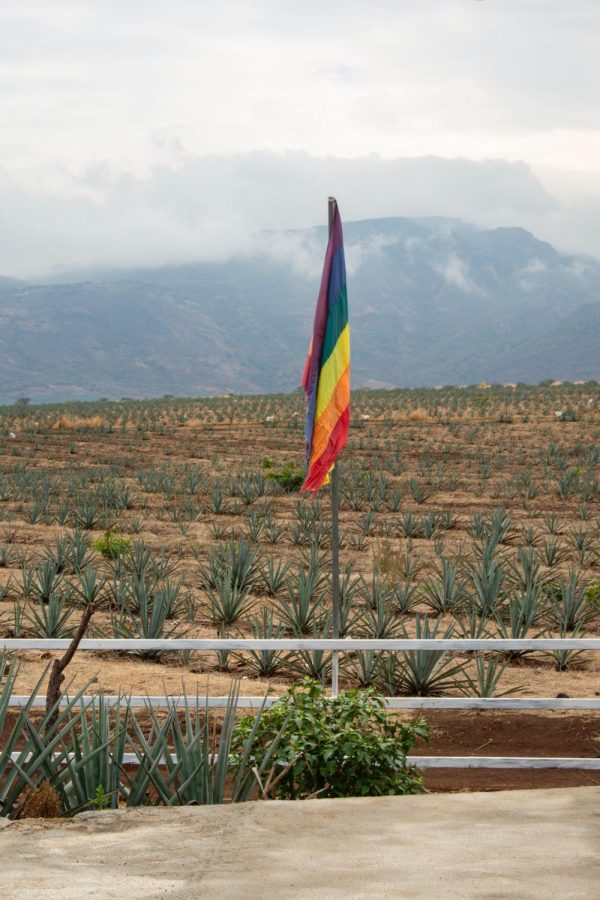Mexico Says “Love Is Love”
A look into Tamaulipas and what the future looks like for the LGBTQ+ community in Latin America
December 30, 2022
A long fight for marriage equality has finally come to an end in Tamaulipas, Mexico. In 2015, Mexico’s Supreme Court declared state laws prohibiting same-sex marriage unconstitutional. However, the change did not come instantly, as several states took years to adopt laws conforming with the ruling. On October 26, 2022, the state of Tamaulipas voted to legalize same-sex marriages, making it the last of Mexico’s 32 states to do so. The measure passed with 23 votes in favor, 12 votes against, and two abstentions. In response, cheers of “Yes, we can!” from public advocates began. On the same day, Arturo Zaldívar, the president of the Supreme Court, shared on Twitter, “The whole country shines with a huge rainbow. Long live the dignity and rights of all people. Love is love.”
This monumental decision leaves many wondering what is next for the countries of Latin America that do not recognize or allow same-sex marriages nationwide. In fact, Mexico’s legalization comes just one month after Cuba voted to legalize same-sex marriage as well as adoption nationwide. Charlie Bonneville ‘23 is of Cuban descent and expressed his hopefulness for more positive change for the LGBTQ+ community in Latin America. When asked whether he believes Mexico’s recent accomplishment will inspire others, he proclaimed, “I believe this will make other Latin American countries more inclined to look into the possibility of celebrating same-sex marriage!”
So, what protections are afforded to the LGBTQ+ community throughout Latin America? Well, 11 out of 33 countries have approved broad protections against discrimination based on sexual orientation, including Colombia, Honduras, Brazil, and Mexico. In addition, Ecuador, Bolivia, and Cuba’s constitutions prohibit discrimination on the basis of gender identity or sexual orientation. In terms of decriminalization, same-sex relations between consenting adults have been made legal in 24 Latin American countries. Furthermore, throughout Latin America, legal gender recognition has been increasingly expanding. In 2012, Argentina was the first country to allow transgender individuals to legally modify their name and gender without constraints. Since 2015, Ecuador, Brazil, Costa Rica, Colombia, and regions of Uruguay and Mexico have approved similar legislation.
Though this move in Mexico comes late for many, it continues to be a signal of hope for the future of LGBTQ+ equality and inclusion. Looking into the new year, it is important that we as a society actively advocate for justice and voice our concerns when we notice or experience discrimination, for our voices hold great weight. As Barbara Gittings, the mother of the LGBT civil rights movement in America, once said, “Equality means more than passing laws. The struggle is really won in the hearts and minds of the community, where it really counts.”


